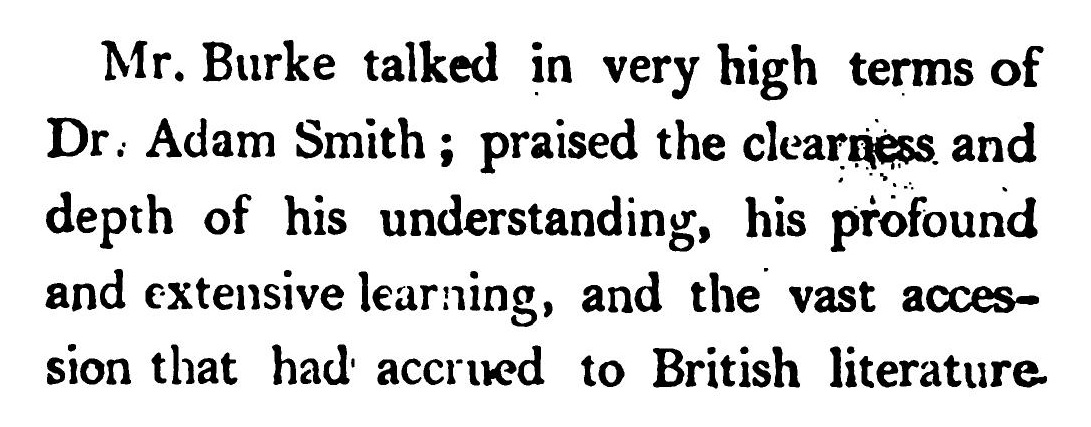June 06, 2017
Fusionism and Western Civ
Pope Leo XIII, writing in the midst of social crisis at the end of the nineteenth century, wisely observed: “When a society is perishing, the wholesome advice to give to those who would restore it is to call it to the principles from which it sprang.” Continue Reading...
